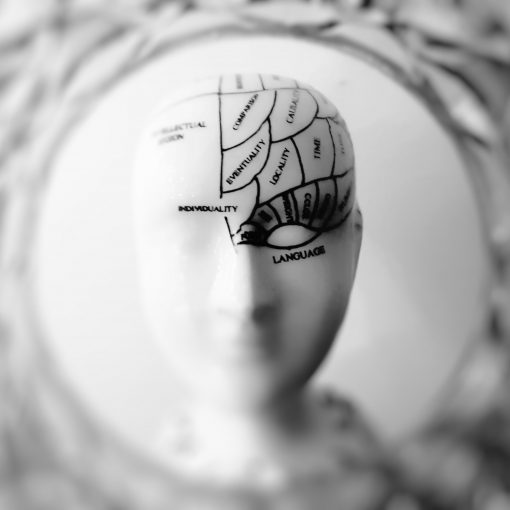Associational loosening, slow and faulty information processing, poor gating of irrelevant stimuli, poor ability to shift attention, poor working memory, passivity, ambivalence, anhedonia, and impaired motor coordination are cardinal features of schizophrenia but, unlike delusions and hallucinations, they are related more to negative/deficit symptoms. As summarized by Bass, numerous studies have correlated leadership with ‘ambition, initiative and persistence’ (opposite of passivity), ‘speed and accuracy of thought’, ‘finality of the decision,’ or decisiveness (the opposite of ambivalence), ‘mood control, optimism and sense of humor’ (opposite of anhedonia), etc. Andreasen et al postulate that a disruption in the circuitry among nodes located in the prefrontal regions, the thalamic nuclei, and the cerebellum produces ‘cognitive dysmetria’, meaning difficulty in prioritizing, coordinating, and responding to information and that it can account for the broad diversity of symptoms of schizophrenia. A relationship between cognitive processes and cerebellar and basal ganglia functions, and a role of neocerebellum in rapidly shifting attention, have been demonstrated. The cognitive styles, including a proficiency to quickly shift attention, of several famous leaders are used as examples of this contrasting model. Julius Caesar and Napoleon, for instance, could dictate to up to six secretaries simultaneously, using their exceptional working memories, and proficiency in quickly and effortlessly shifting attention while flawlessly gating irrelevant external and internal stimuli. It is suggested that specific brain imaging studies could illustrate this contrast. Gray et al noted positive correlations between ‘dominance’, an important leadership trait, and serum levels of dehydroepiandrosterone (DHEA) and testosterone (T), but not of more potent dihydrotestosterone (DHT), in over 1700 older men. Though not scientifically rigorous, the author noted positive correlations (P = 0.0162) between the self-rated ratings of voice depth (promoted by T) and of leadership, but none between those of body hair (DHT dependent) and of leadership in 47 male US NationalAcademy of Sciences members. And 43 male US Senators had deeper voices than 36 male House members (P < 0.01) who, in turn, had deeper voices than either of two groups (numbers 102 and 72) of male scientists (P < 0.01). Therapeutically, before chlorpromazine, DHEA had been used in young schizophrenics with modest success in improving deficit symptoms. DHEA, or other sex hormones, or some of their natural and synthetic derivatives may prove to be valuable to treat deficit symptoms of schizophrenia in both sexes. @2000 Harcourt Publishers Ltd
You may also like
Higher body hair with lower mesmorphism ratings were observed in Caucasian homosexual men compared with the general male population, reflecting elevated 5alpha-reductase […]
Case for a Modestly Higher Progressive Taxation ~50% Rate on Top 0.1% of All Incomes ~1 & 2% Annual Tax on […]
Two hypotheses presented here may seem too good to be true. And it may well be so. If not, these hypotheses have […]
CASE FOR FAIRER PROGRESSIVE TAXATION “The country demands bold, persistent experimentation. It is common sense to take a method and try it: […]




